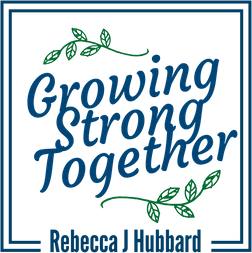How to Talk to Your Child about Charlottesville
As adults we often think that we shield our children from the realities of the world, but more often than not they are keenly aware. And when we do not talk to them, they are left to their own explanations which usually create more fear.
It is important talk to your children about what is happening in our country so they are less fearful and have a better understanding of what is happening around them.
Before talking to your child spend some time thinking about how you have been effected by what you saw. Think about what you want your child to understand, and how you want to impart your values.
When talking to your child remember to let him lead the conversation. Answer his questions honestly but with age appropriate information. Remain calm, and breathe deeply. From you your child is learning how to talk about difficult subjects.
You might start the conversation like this, “There has been a lot on the news about people getting hurt have you seen that? Tell me what you have seen. What do you think about what you have seen?
Or “On the news there have been many people saying mean things about other people and hurting each other. Did you see that? What do you think about that?”
Gently correct any misinformation that your child has gleaned from news coverage or conversations.
If you are confused about what your child is asking or saying, ask for clarification before continuing.
Omit the gory details- focus on the what happened. For example, “A man hit some people with his car and people were badly hurt. And a lady died.”
Share your feelings about what happened.
Honestly answer questions about your child’s safety. You cannot tell your child that nothing bad will ever happen to them but you can say, “I am doing everything I can to keep you safe.” You can even name the things that you are doing.
Share your values with your child.
Talk to your child about what you and other people are doing to help the situation. Give your child a way to contribute positively toward the solution. Being able to take action reduces fear.
Keep the door for further communication open. Let him know you will talk about this with him again. Check in with your child from time to time to ask how he is doing and to learn what he is thinking and feeling.
Finally, do something fun! Do something you and your child like to do together. Play a game, read a book, take a walk.

